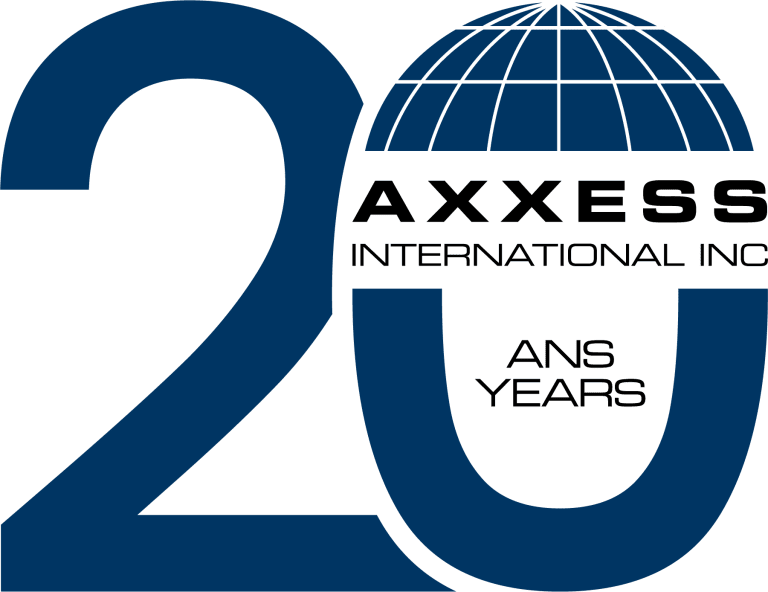At a meeting of the World Trade Organization’s (WTO) Dispute Settlement Body on April 27 members expressed their commitment to engage in discussions on reform of the WTO’s dispute settlement system.
Since 2017 the United States has been blocking the process to appoint new judges to the Appellate Body, and with judges’ mandates expiring after a set period the Body has now run short of judges and is effectively paralyzed.
Mexico, speaking on behalf of 123 members, introduced for the 53rd time the group’s proposal to start the selection processes for filling vacancies on the Appellate Body.
The extensive number of members submitting the proposal reflects a common concern over the current situation in the Appellate Body which is seriously affecting the overall WTO dispute settlement system against the best interest of members, Mexico said for the group.
The United States said that its longstanding concerns with WTO dispute settlement remain unaddressed, and that it does not support the proposed decision to commence the appointment of Appellate Body members.
More than 20 delegations (including the European Union for its 27 members, Nigeria for the African Group and St Vincent and the Grenadines for the Organization of Eastern Caribbean States) took the floor to reiterate the importance of the WTO’s two-tiered dispute settlement system to the stability and predictability of the multilateral trading system. They called on all members to engage in constructive discussions in order to restore a fully functioning dispute settlement system, which some cited as a top priority for reform of the organization.
For the 123 members, Mexico again came back to say the fact a member may have concerns about certain aspects of the functioning of the Appellate Body cannot serve as pretext to impair and disrupt the work of the Dispute Settlement Body (DSB) and dispute settlement in general, and that there was no legal justification for the current blocking of the selection processes, which is causing concrete nullification and impairment of rights for many members.
The DSB chair, Ambassador Athaliah Lesiba Molokomme of Botswana, said she hoped members would be able to find a solution to this matter.





